Whānau Ora
Rangatahi Immunisations
Not only will you be protecting yourself against a disease, you’ll also be protecting your whānau, your community, and future generations from harm. Over a million people around the world die every year from diseases that can be prevented by immunisation. Most of these diseases have become rare in New Zealand thanks to immunisation programmes. Some diseases, such as whooping cough and pneumococcal disease are still common. Many of the diseases that are now rare in New Zealand still exist in other countries and are brought into the country by travellers from time to time, for example, measles. Some diseases will always be present, such as tetanus, which is caused by bacteria that live in the soil. Immunisation is your choice – please korero with us if you have any pātai.
It’s important that everyone including rangatahi are immunised on time, every time for the best possible protection against many serious illnesses. If you think rangatahi in your whānau may not have had all the immunisations or if you’re not sure, korero with us. We can tell you which immunisations you and your whānau should have.
Measles
Measles is a serious disease that can make you very sick. Lots of people aged 15-30 didn’t get fully immunised when they were children. This means they have a higher risk of catching and spreading measles.
The infection can be serious, with 1 in 10 needing to go to hospital. Complications include diarrhoea/hamuti (which can lead to dehydration), ear infections (which can cause hearing loss), pneumonia (which is the most common cause of death) and encephalitis (brain inflammation), which can cause brain damage.
Mumps
The symptoms of mumps are usually mild, such as swollen salivary glands (at the side of your face), headache and fever, but it can cause serious complications such as deafness, swollen testicles or ovaries, and meningitis.
Rubella (also called German measles)
This is usually a mild infection that gets better within about 7–10 days, but it becomes a serious concern if a pregnant woman catches the infection during the first 20 weeks of pregnancy. This is because the rubella virus can affect the development of the baby and cause severe health problems such as eye problems, deafness, heart abnormalities and brain damage.
HPV
The human papillomavirus (HPV) is a family of more than 100 different strains of viruses. Some strains of HPV cause harmless warts, but some can cause cancer. An HPV vaccine can protect against certain strains, including the ones most likely to cause cancer. Key facts:
Many people are infected with HPV but don’t know they are because they don’t have any symptoms. HPV infection, even if you don’t have any symptoms, can lead to cancer if not treated.
Having regular cervical smears helps to pick up changes caused by unknown HPV infection. An HPV vaccine is now available and can protect you against several types of HPV, including some that have been linked to cancer. In New Zealand, the HPV vaccine is available free for everyone aged 9–26 years. It is recommended to be given to children aged 11–12 years.
Influenza
Every year the Ministry of Health supports the running of an Influenza (Flu) Immunisation Programme.
The programme is designed to protect those at greatest risk of serious illness from influenza: people over 65, or 55 and over for Māori and Pasifika people with chronic conditions like heart disease, cancer, diabetes, serious asthma, pregnant women and young children with a history of serious respiratory illnesses.
For people in one of the groups above, the flu vaccine is free of charge.
Covid-19
KOWHEORI-19 is still here. Māori have responded with aroha and kaha to keep our whānau safe, kia haumaru te whānau.
Te whakaako i te pūnaha awhikiri, Training our immune system.
We need to keep our immune system trained up to recognise and fight the virus. The KOWHEORI-19 vax is still our best defence. The protection is even stronger with a booster dose.
Booster
Everyone from 16 years of age is recommended to receive a booster dose following their primary course. Anyone aged from 16 years who is eligible for funded influenza vaccine. For those aged over 18 years, a booster can be given from 3 calendar months after their last primary dose. For 16-17-year-olds who finished their primary course, can receive a booster at least 6 months after the third dose. For those aged 16-17 years who are at highest risk from severe COVID-19, a booster dose may be considered from 3 calendar months after dose 3, this requires a prescription and taking in consideration current or planned immunosuppressive therapies.

